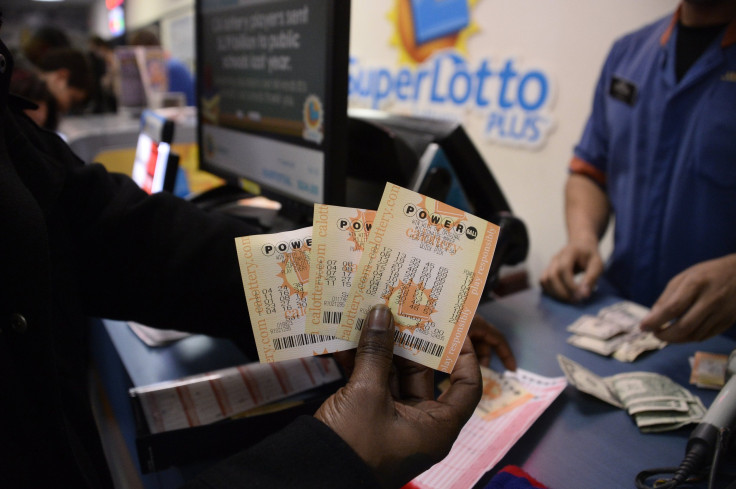Powerball Winning Numbers: How To Check If You Won $900M Lottery Jackpot

UPDATE: 12:50 a.m. EST -- No ticket has matched the six Powerball numbers needed to win the lottery, the Associated Press reported, citing officials.
This means the record $949.8 million jackpot could rise to $1.3 billion in time for Wednesday's drawing, the report added.
Original story:
Here are the numbers you've been waiting for: 16, 19, 32, 34, 57 PB: 13.
Millions of lottery players nationwide raced to buy tickets Saturday as the Powerball jackpot, estimated to be around $900 million, reached a U.S. record high. Now that the numbers are in, ticketholders can check here to see if they were the lucky winner of Saturday’s huge jackpot.
New numbers are picked every Wednesday and Saturday night, and if no one wins this round, the jackpot will only grow. Players were able to pick up tickets until about 10 p.m. EST in most states, about an hour before the numbers were drawn.
Ticket holders have a one in 292.2 million chance of winning, according to NBC News. Those odds are about the same as if you were to flip a quarter 28 times and bet on getting heads each time, according to Jeffrey Mieczinokowski, an associate professor of biostatistics at the University of Buffalo.
"The probability is so small, dare say impossible," he told NBC. "It's like trying to count electrons or drops of water in the ocean or grains of sand in the world. We just can't imagine these types of things."
The prize has grown so large because there has not been a Powerball jackpot winner since November. More people buy tickets as the jackpot goes up, which makes it more likely for there to be a winner but less likely for any particular player.
Now, if you're holding the winning ticket, that doesn’t necessarily mean you're lucky. For some, the lottery has proven a curse, and about 1,900 lottery winners have gone bankrupt within five years after the big win, according to a Review of Economics and Statistics study, Market Watch reported. To make sure that doesn’t happen to you, it’s a good idea to think up modest plans, and opt for an annuity payment plan rather than taking the money in lump sum.
That guarantees you a strong payout over three decades, without the same risk of overspending, Olivia S. Mitchell, a professor of Insurance and risk management at the Wharton School at the University of Pennsylvania, told NBC.
© Copyright IBTimes 2024. All rights reserved.






















